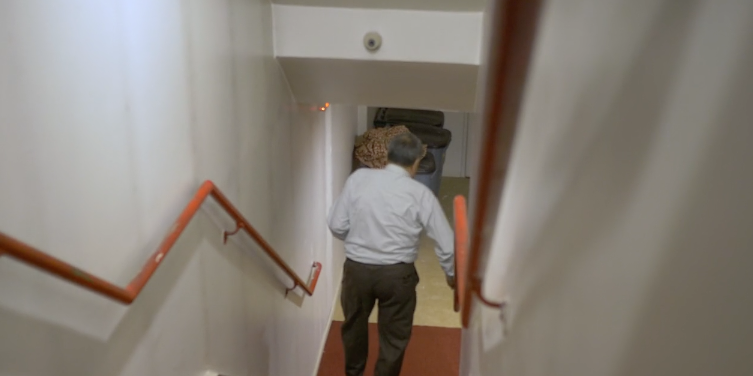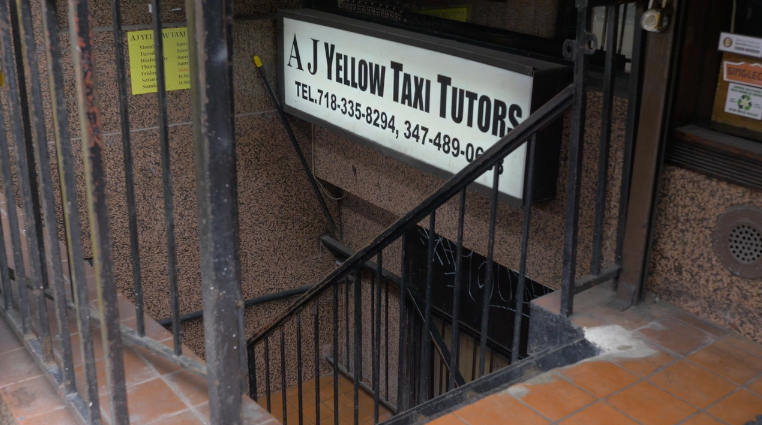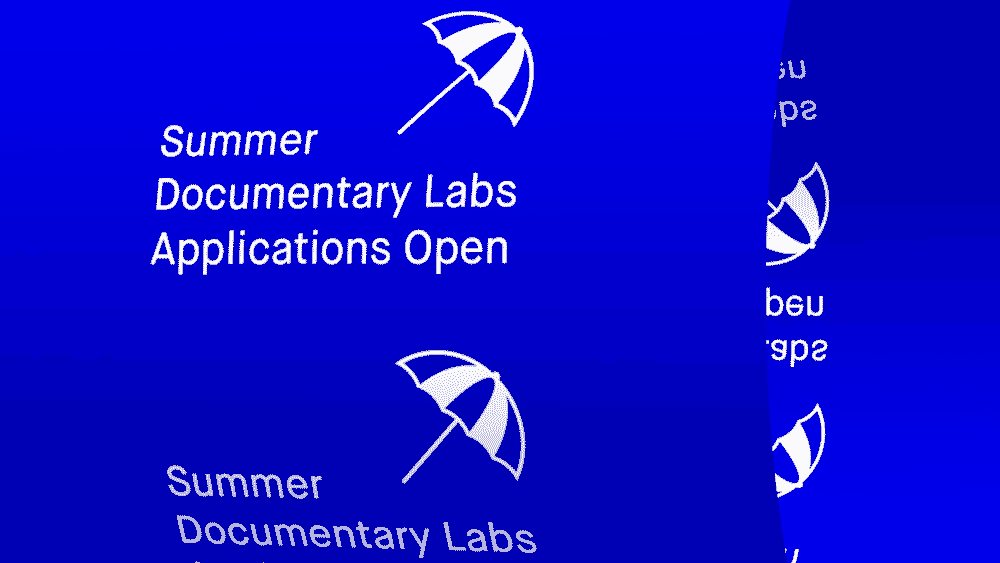Synopsis
Vinod, Gurpreet and Akash, born and raised within a hundred miles of each other in Punjab (India), arrived in the United States of America a decade apart with no intentions of driving a cab. But in 2018, their lives converged at a taxi school in Jackson Heights. With the school serving as a nucleus that binds their stories together, Vilaayat attempts to weave together three distinct immigration experiences and the events that motivated their decision to become cab drivers in New York.
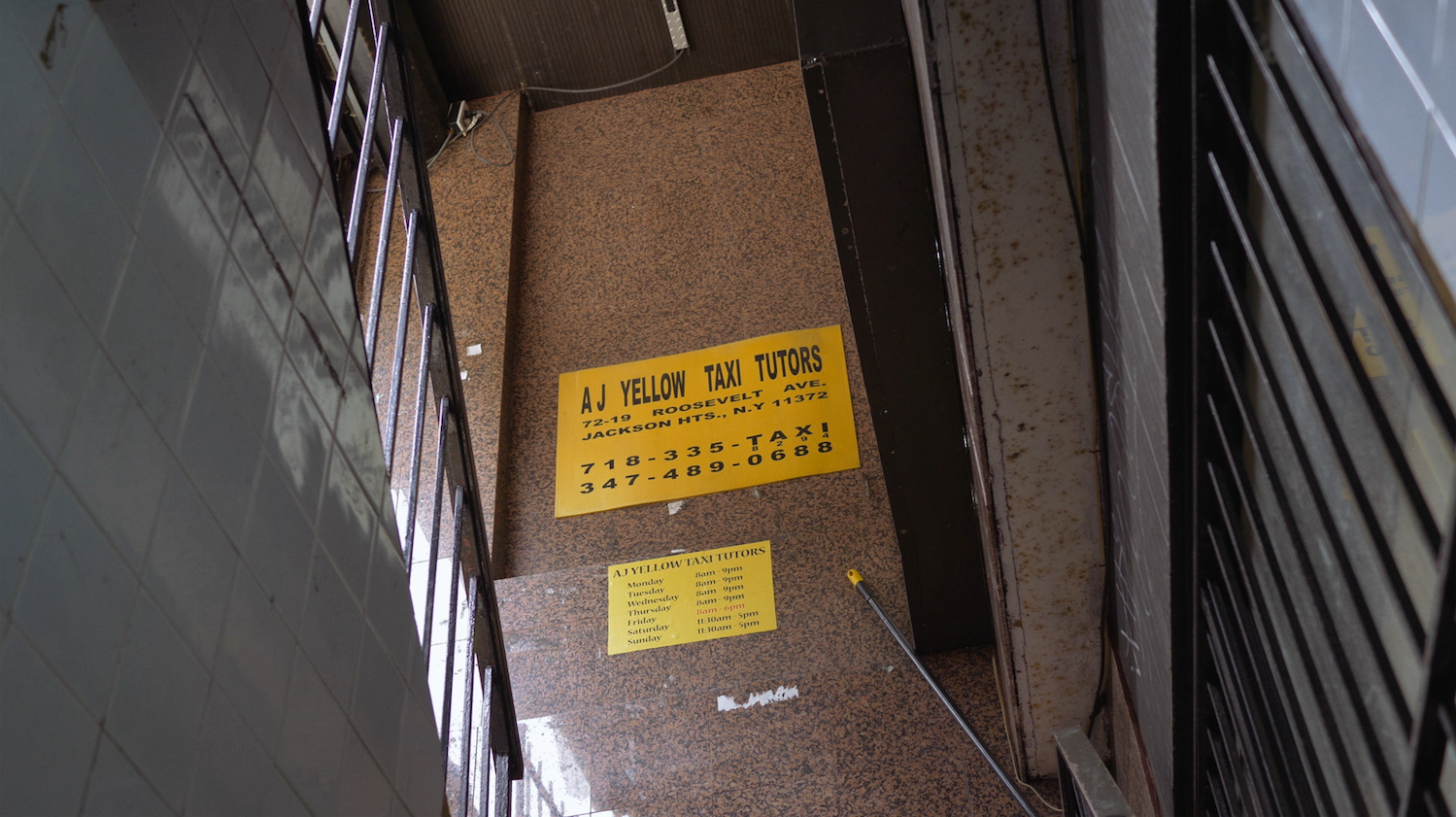
Press
Follow along, share with us & tag on Facebook, and Instagram @vilaayatthefilm!
Screenings
DOC NYC – WORLD PREMIERE
- Sat, Nov 10 – 10:15 AM, IFC Center
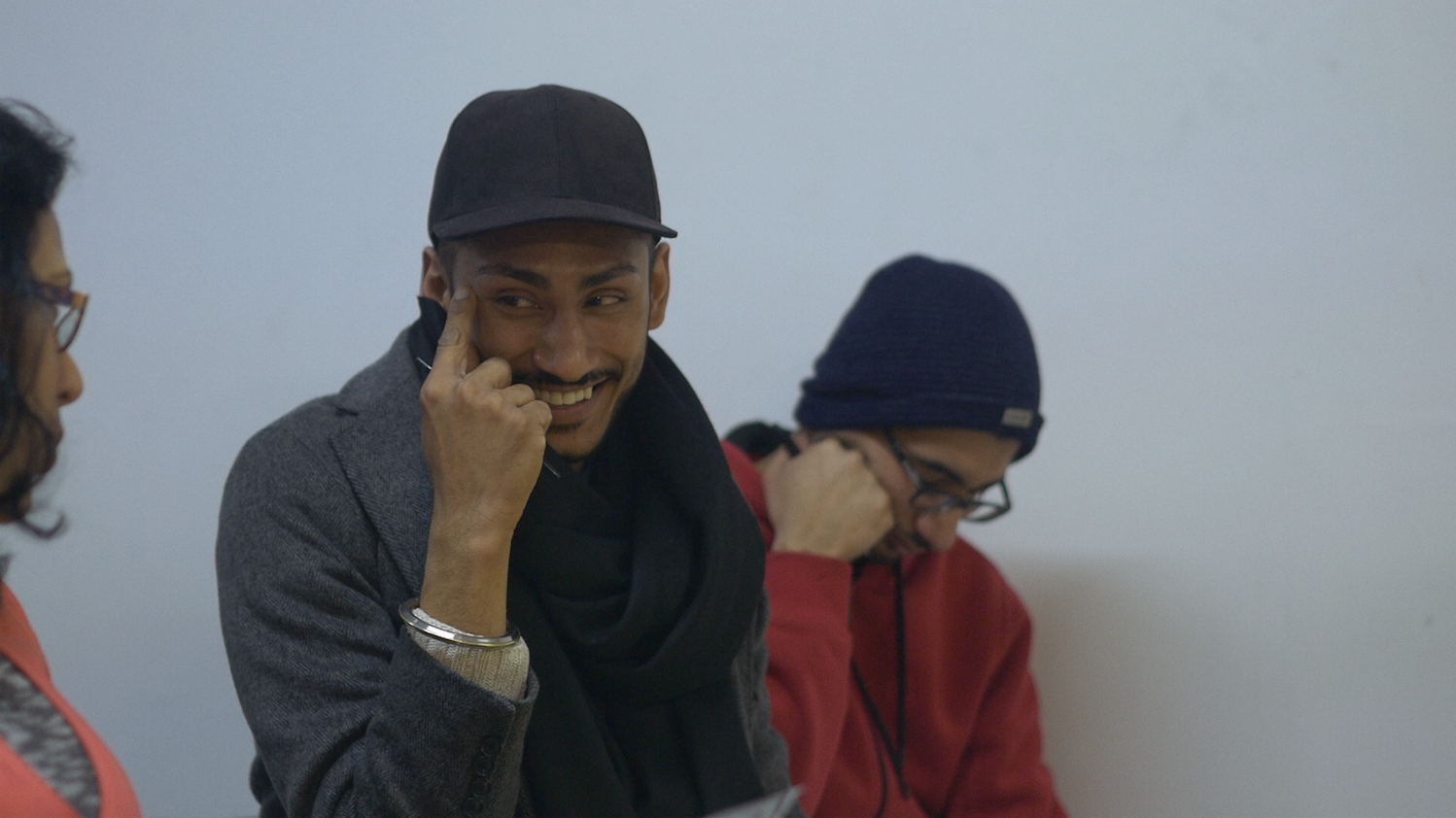
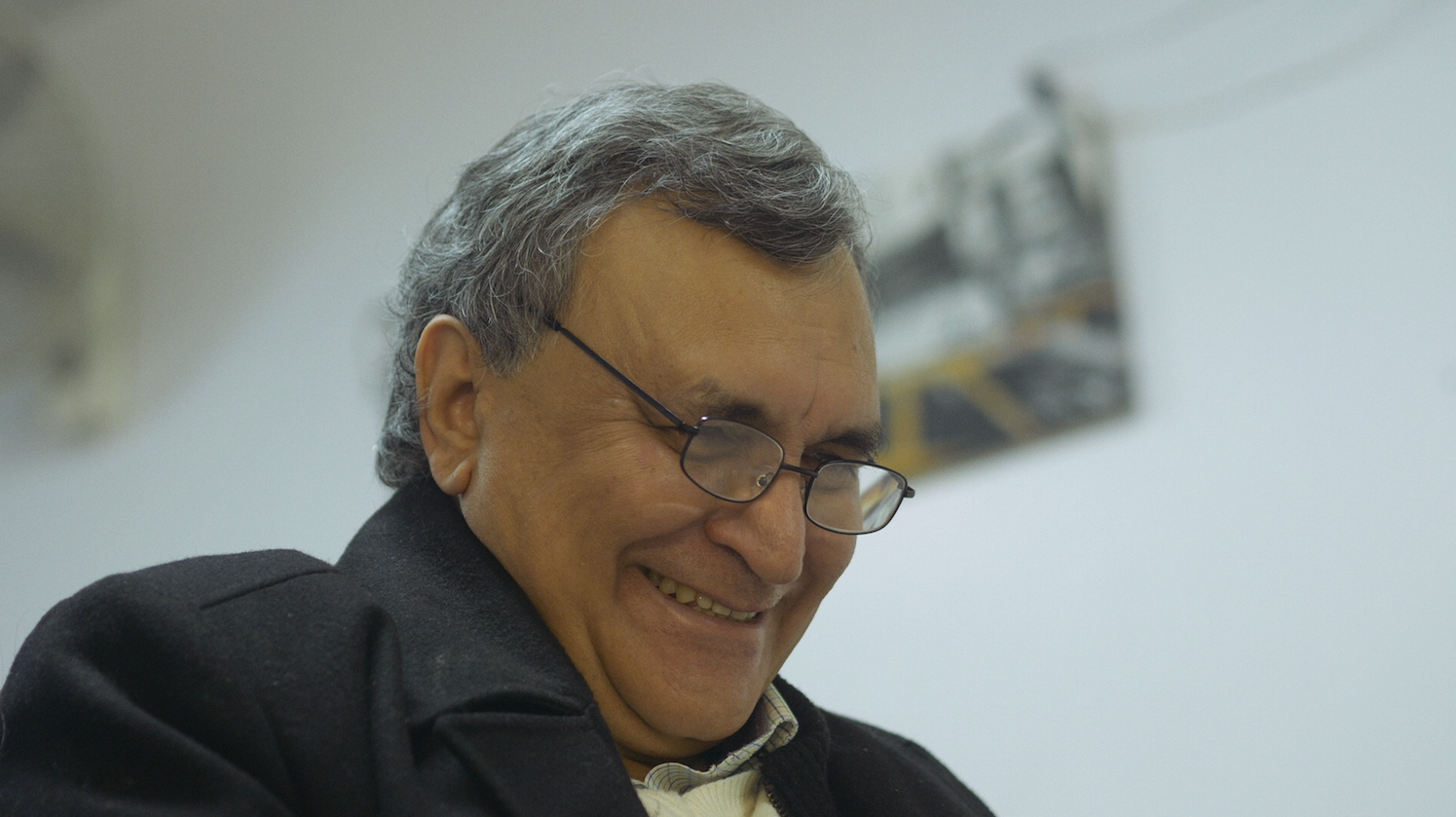
Artist's Statement
Moving to the United States and becoming a taxi driver has long been Punjab’s version of the American dream. “No matter where you are in the world, trust a Punjabi to drive you home.” is a running joke between my Punjabi friends and relatives. Naturally, I hadn’t given this much thought before I met AJ Gogia. During my time in New York, I visited Jackson Heights, one of the city’s most vibrant South Asian neighborhoods and happened upon AJ’s taxi school, nestled under a Tibetan Cafe I was a frequent customer of. I met AJ and a long conversation ensued, during which he explained how enough had been written about him but not nearly as much about the students he taught. Each one of them, he said, has a unique story that led them to this school and, owing to the cyclical nature of his classes, you’ll find a different set of stories in his classroom each day. As a Punjabi as well as a temporary New Yorker who comes in contact with taxi drivers during his commute every other day, I realized that I hadn’t really stopped to think where these people came from, why they were here and how Punjabis had become to taxis what Yemenis had become to delis. Through this film, my intention is to focus on three of the many stories that I chanced upon during the time I spent at AJ’s.
– Ansh Vohra
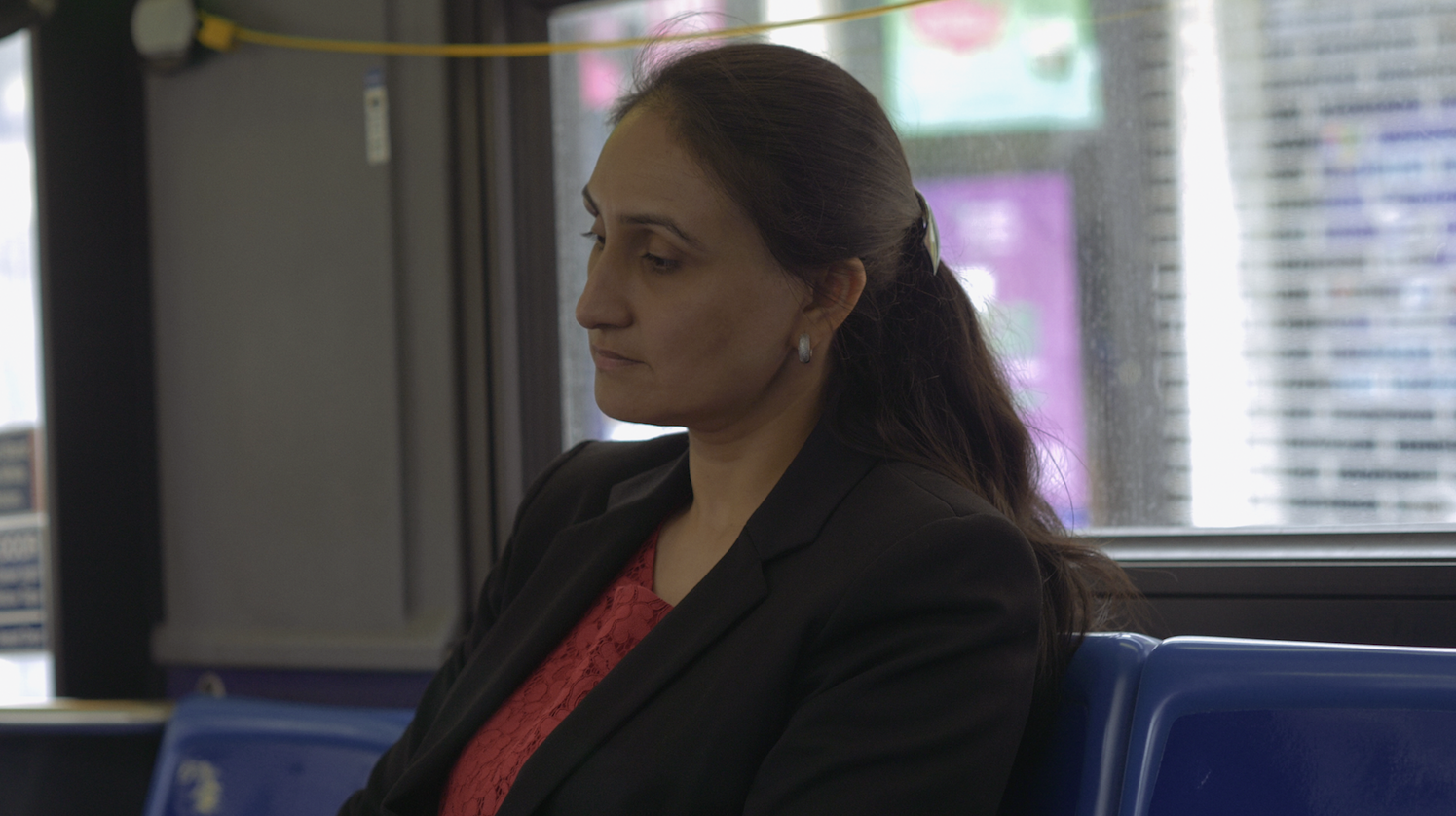
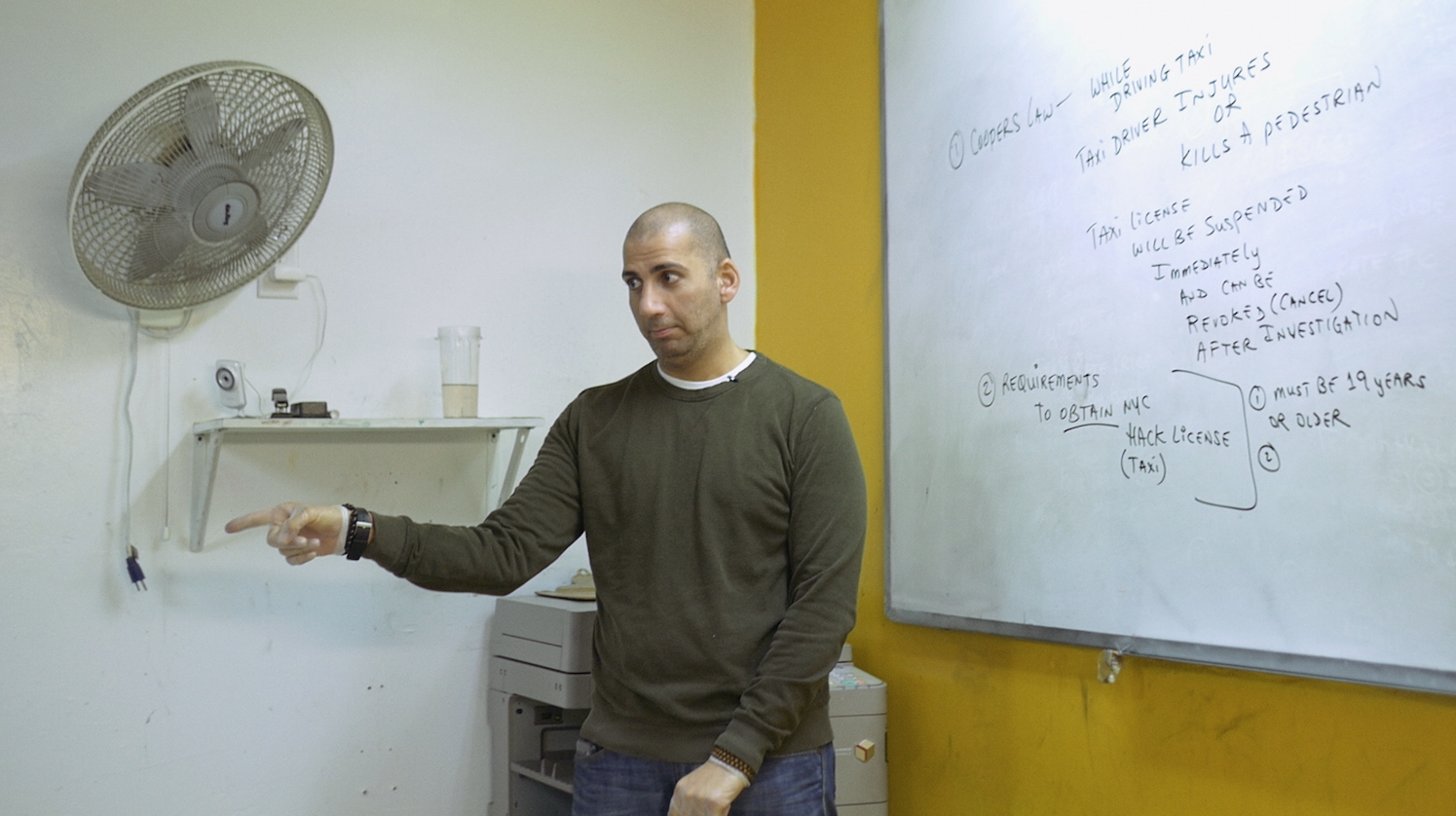
Filmmaker Bio
Ansh Vohra is a non-fiction filmmaker based in New Delhi. Since graduating as a student of Literature from Delhi University in 2013, he has spent his time documenting stories that examine arts, culture, education and personal histories. His work has been exhibited at festivals like Colomboscope (Sri Lanka), Pokhara International Mountain Festival (Nepal) and Films Division of India, aside from being published in magazines and journals like Frontline, Beyond and The Land With Pakistani Trees. In 2016 , he co-founded the Pind Collective, a collaborative art project that aims to bridge cultural gaps between India and Pakistan. The collective has since won the Margaret Thatcher Development Award and been featured on news portals like BBC, Al-Jazeera, Homegrown, Scroll.in and the Quint.
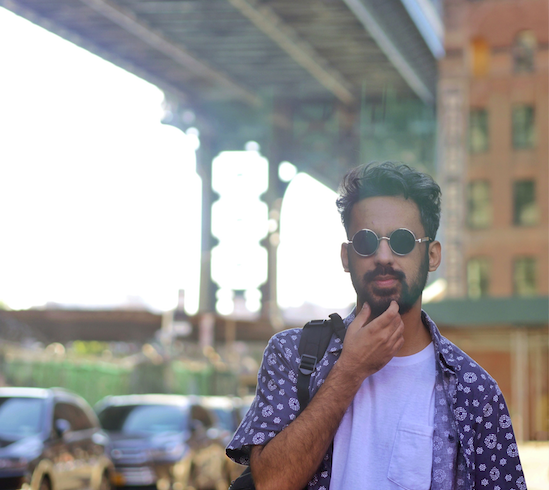
Credits
Director & Editor : Ansh Vohra
Producer: Yuri Tavares
Camera : Ansh Vohra, Yuri Tavares
Asstant Editor : Omar Al-Fotihi
Additional Camera : Lydia Cornett
Executive Producer: UnionDocs
UnionDocs Collaborative Studio Director: Kara Oehler
UnionDocs Artistic Director: Christopher Allen
Supported by New York Council on the Arts, National Endowment for the Arts, New York Department of Cultural Affairs, Academy of Motion Picture Arts and Sciences, Office of City Council Member Antonio Reynoso, Abelcine & Canon
UnionDocs Collaborative Studio
Vilaayat is a production of the 2018 UnionDocs Collaborative Studio. Since 2010, UnionDocs Center for Documentary Art has guided select groups of documentary fellows in our Collaborative Studio Program through a 10-month production cycle. Coming from a wide diversity of backgrounds and countries, the CoLab has been an invaluable experience to meet other collaborators, enact ideas, and expand as a filmmaker.
In 2018, the UnionDocs Collaborative Studio developed eight films over ten months in response to a shared prompt. New York proudly calls itself the ultimate city for immigration. More than a third of all current residents are foreign born, the largest number in the city’s history, and — in opposition to unremitting xenophobic policies and rhetoric from the Trump administration — the consensus in NYC calls for further support of diversity and inclusion. Still, have our images, stories, and understanding, our imaginary of the city, kept up with the city’s current complexity? Fellows were challenged to connect to individuals, families, and communities whose pathways to NYC are recent, whose circumstances reflect the contemporary moment, and whose presence broaden and update a picture of life in the city.
